“The idea was to get closer to the end of this war with these sanctions, but the past nine months have shown that this has not been possible,” said Viktor Orbán in the Jó reggelt, Magyarország (Good morning, Hungary!) show on Kossuth radio. The Prime Minister added that rather than bringing us any closer to an end of the war, the sanctions have created huge problems for countries in the European Union. He believes we have a difficult winter ahead of us and Ukraine is in an increasingly tough position, meanwhile Russia is still making plenty of revenue and able to continue waging war.
“On December 5 the oil embargo will come into force which will make it hard for Europe to continue functioning. The sanctions’ ban does not apply to us so we don’t have to worry about shortages; we have a right to get the oil necessary to supply our country. However, we do have a problem with the price – we are waiting to see how the sanctions impact prices,” explained the Prime Minister.
A fundamental question
In regards to the ninth sanctions package, Viktor Orbán explained that after oil sanctions, the Brussels bureaucrats want to restrict nuclear energy and gas – this would have tragic consequences for Hungary. He noted that Hungary managed to exempt itself from the embargos every time so they will continue fighting for this.
But at the same time, we are under constant pressure because, after the ninth sanctions package, there will be a tenth and eleventh, so we must continuously fight to protect our basic values. That is also why we asked the people to strengthen this position through the national consultation
– he pointed out.
“The national consultation deals with a fundamental question because there is no more important issue these days in our daily lives than how much we have to pay for energy for our homes and businesses. So, I am not at all surprised that over one million people have participated in this consultation. I believe the country understands that next years’ economic success depends on energy prices and the sanctions,” stated the PM.
The pro-war camp wants to extend the sanctions because they want to continue the war, but we say that an immediate ceasefire is needed and peace talks will lead to peace
– said the PM. He continued to say that the pro-war parties are demanding more and more sanctions. He also highlighted that after half a year, we must evaluate the success of the sanctions implemented first; up until now this happened automatically but at this point, we must stop and review the consequences of sanctions thus far and initiate a deep debate over their utility.
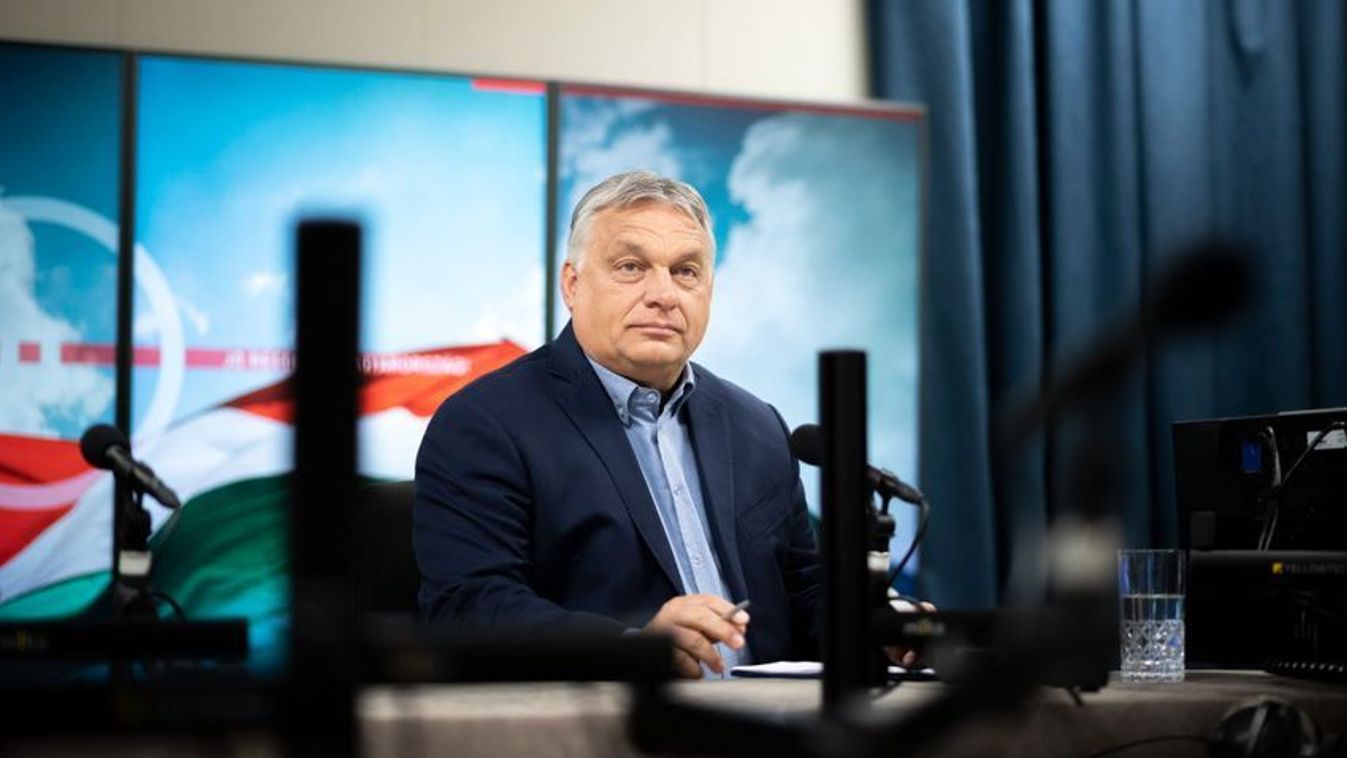
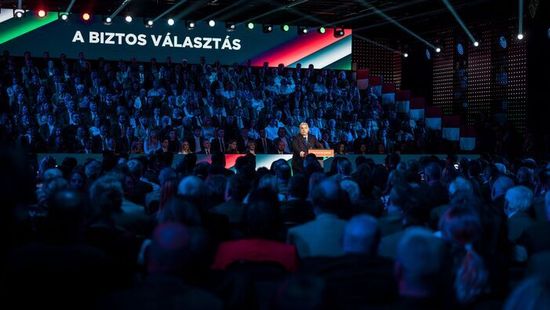
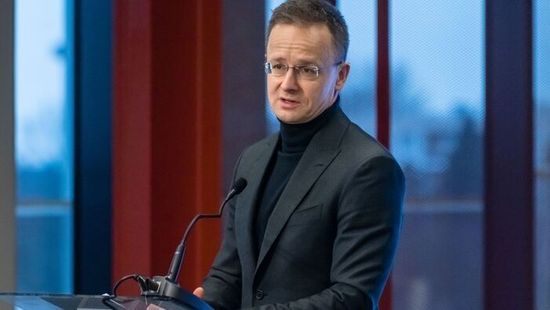
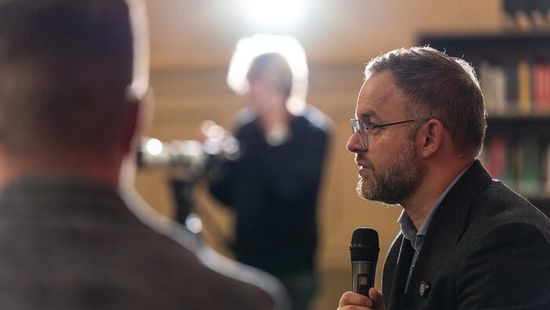
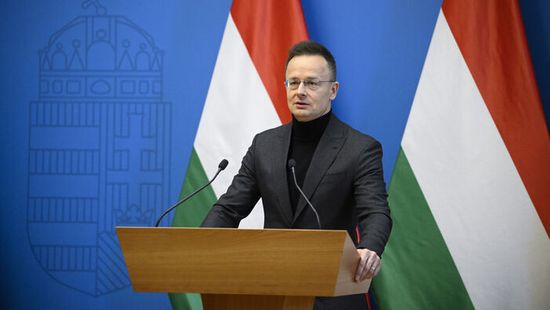

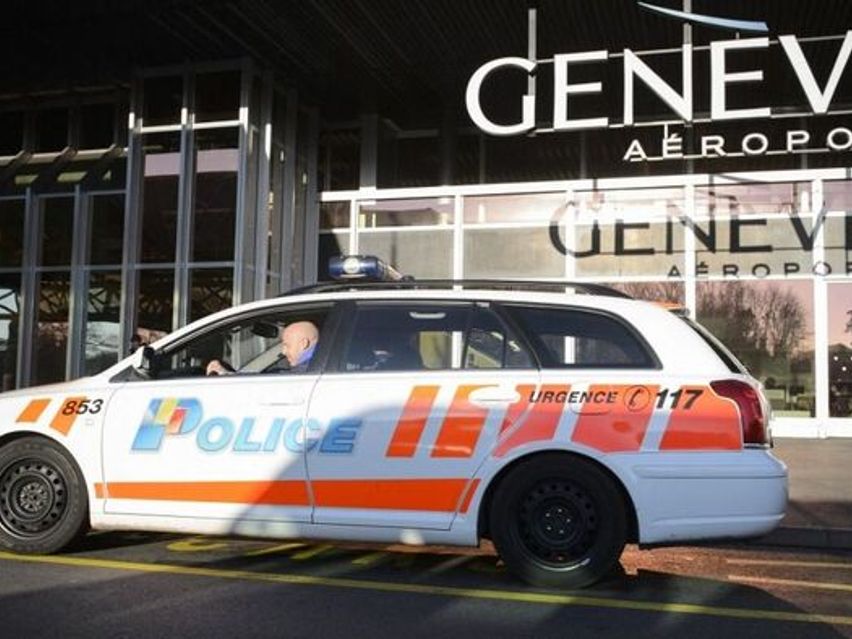


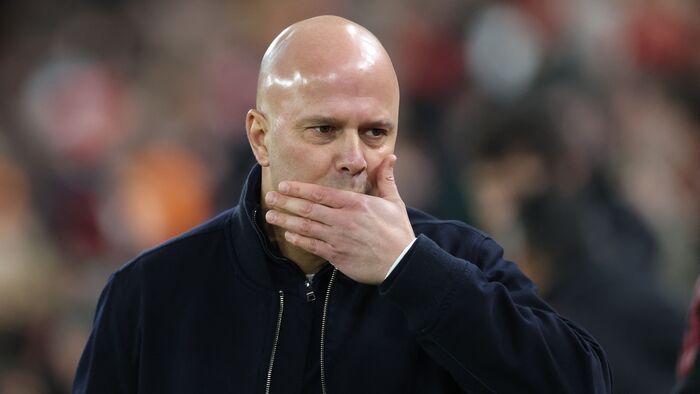

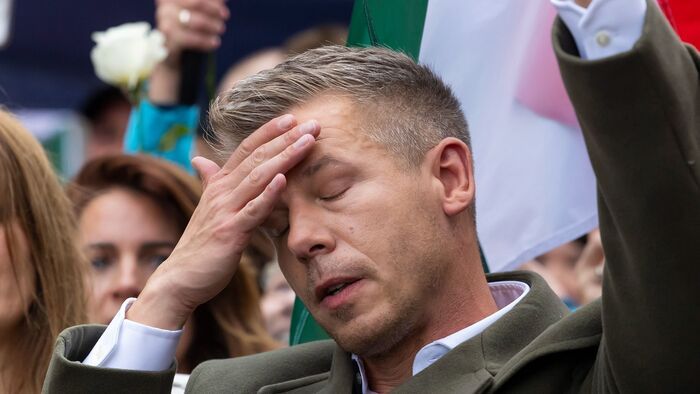
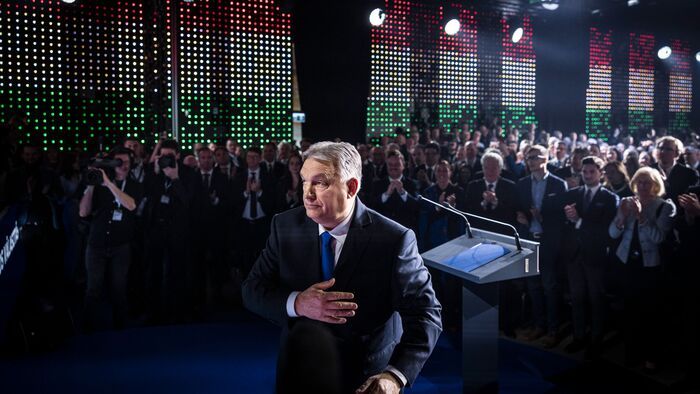
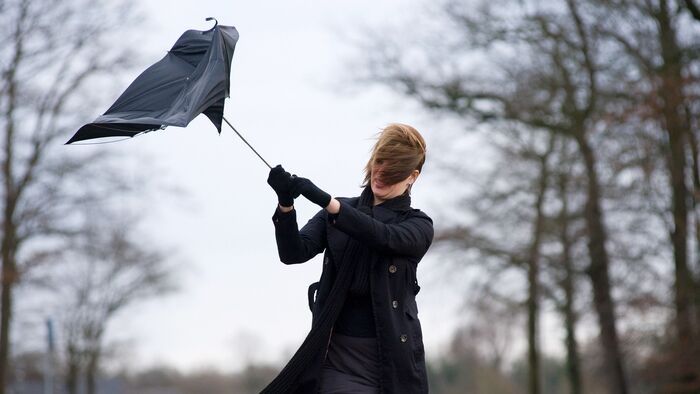
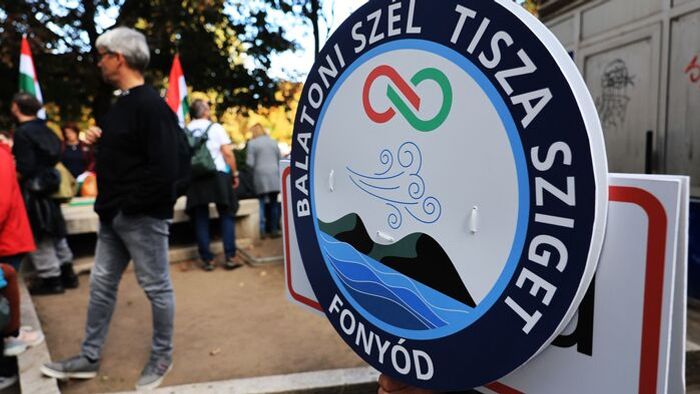
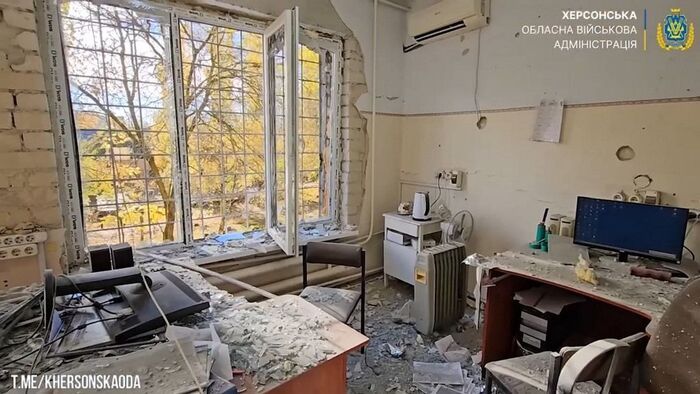
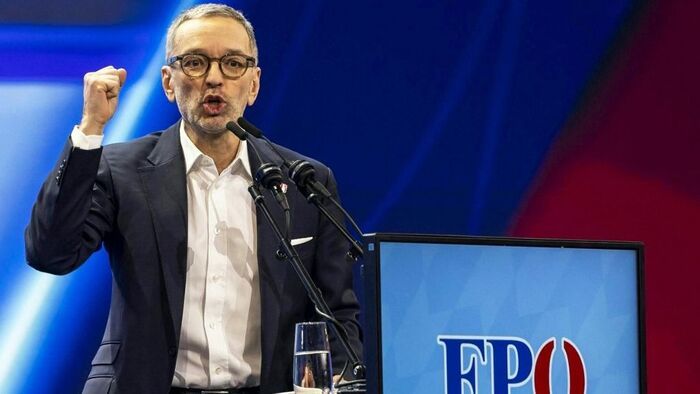
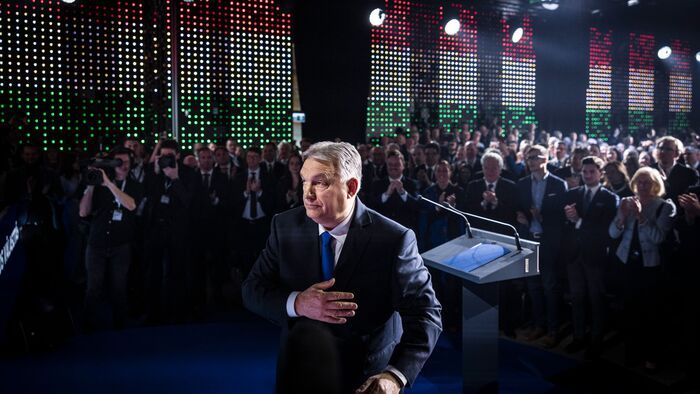

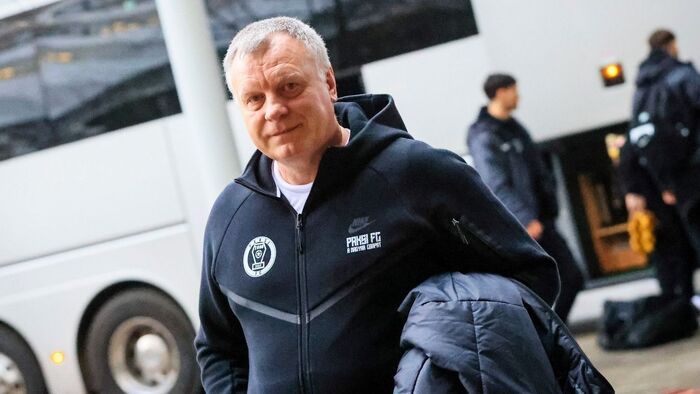



Szóljon hozzá!
Jelenleg csak a hozzászólások egy kis részét látja. Hozzászóláshoz és a további kommentek megtekintéséhez lépjen be, vagy regisztráljon!